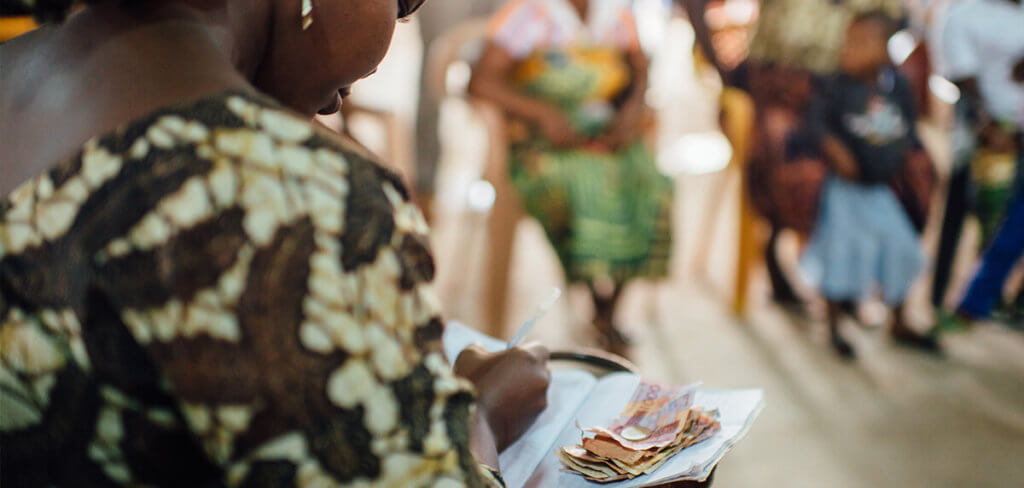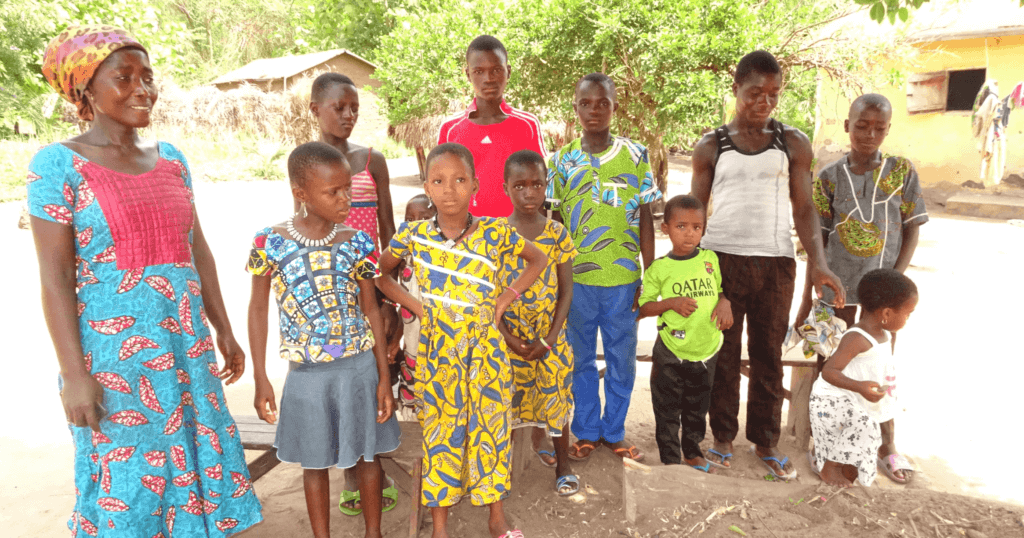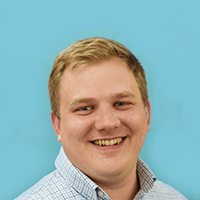A Mother’s Journey Out of Extreme Poverty
Every mother wants a chance to provide a better life for her children. But it’s not easy—especially if you’re among the 736 million people worldwide living on less than $1.90 a day.1 Millions of mothers all over the world are raising families in this kind of extreme poverty.
Djaka Djigbodji is one of these mothers. She lives with her husband and 11 children in Wahala Gotha-Kabiye, a rural village located in the West African nation of Togo. Togo is among the poorest countries in the world, with nearly half the population living in extreme poverty.
Djaka’s children participate in programs at a child development center started at their local church by Compassion Togo, an affiliate of Compassion International. There, they enjoy meals, basic healthcare, Bible studies, and other church-centered programs.
When Djaka’s children joined the child development program, she had the opportunity to earn money for her family by working as a cook. She earned a couple of dollars each week preparing nutritious meals for the children participating in Compassion programs at the church.
A Church-Centered Approach to Poverty
In September of 2018, Djaka got a chance to use her earnings to help her family in a new way. Her church started a savings group ministry to complement the existing Compassion program. A local church facilitator trained by the Chalmers Center helped Djaka and five other women from her church start and run the group using our Restore: Savings curriculum.

Djaka’s group meets every week. Together, they pray, study Scripture, share their lives, and save a small amount of their own money. At each meeting, group members save and lend this money to one another to help with a range of needs, including business capital, school fees for their children, or lifesaving healthcare. Members support one another in times of need and pray for one another through times of hardship.
Savings groups are a powerful way for local churches in the Majority World to serve the poor in their congregations and in their communities. These groups draw members into the life of the church, and they are, by nature, sustainable because they don’t depend on outside money to operate.
Small Steps Toward Hope
Since her group started, Djaka has received two payments of about $8.50. Although that may seem like a small amount, it can make a big difference in the life of a family in a country like Togo, where the average person earns about $400 in an entire year.
“It helped us so much,†says Djaka. “It helped us to come out of extreme poverty.â€
The first time Djaka received money from her savings group, she used it to purchase food and other essentials for her children. The second time she received money, she used it to travel to neighboring Ghana and visit her mother, whom she had not seen for 19 years!

“Since I got married, I never visited my mother, so I decided to make the trip,†Djaka says, beaming with joy. “Through the savings group, I made it.â€
The savings group has helped Djaka provide for her family and reunite with her mother. But it has also helped her think about her future with renewed hope. When Djaka receives her next distribution from her savings group, she plans to use the money to start a small business selling vegetables at the local market.
“I plan to make a farm of peppers, okra, and tomatoes,†she says. “I can sell them every day and have money to support the children of the family.â€
Djaka is just one of the thousands of people who have benefited from savings groups at local churches. Together with partner organizations like Compassion Togo, Chalmers has equipped more than 5,592 churches in the Majority World to start savings groups reaching more than 172,400 people living in poverty.



Excellent article. People were taught how to invest in themselves so that they could create economic opportunities for growth. her next move of opening a market where she sells vegetables is one way she will be able to create generational wealth.